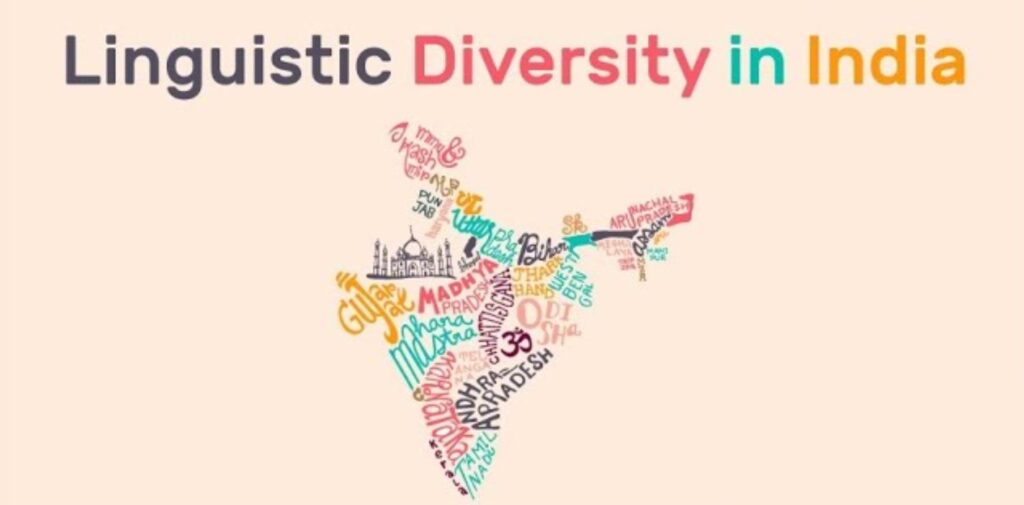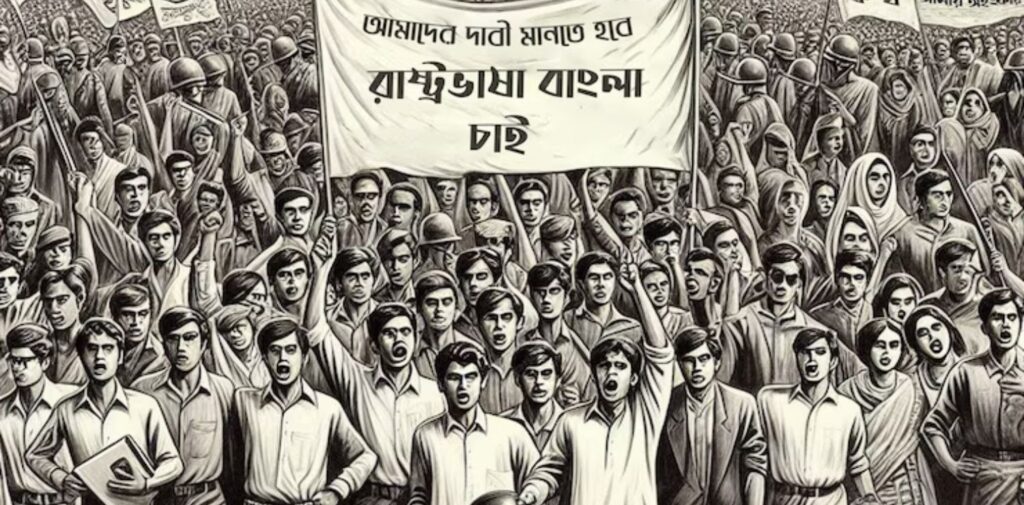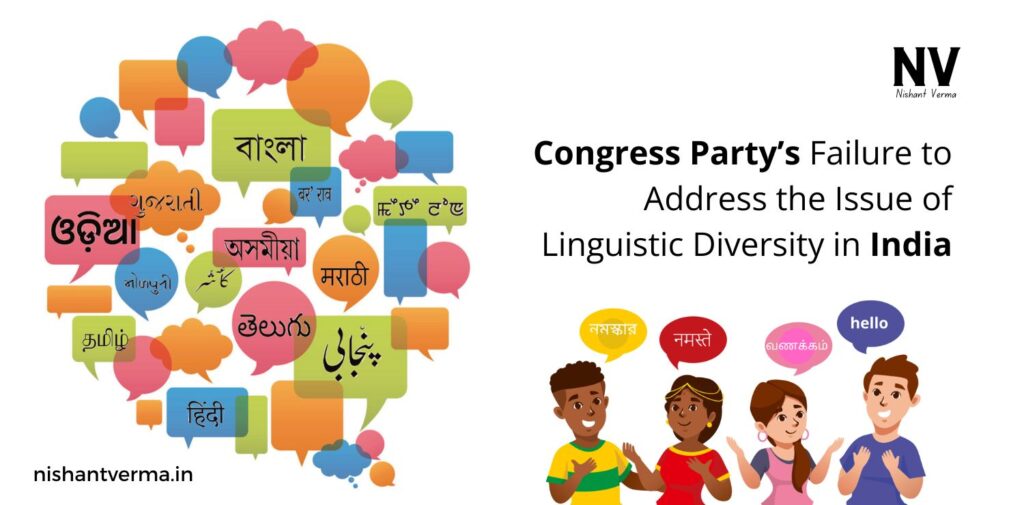India is a country with a rich cultural and Linguistic Diversity in India. It is home to hundreds of languages and dialects, spoken by people from various regions and communities. However, despite this diversity, there has been a long-standing issue with how languages are treated in India. The Congress Party, which has been in power for much of India’s history, has been criticized for not doing enough to address this issue.
The Importance of Linguistic Diversity in India
India is a multilingual country, where over 1,600 languages are spoken. The Constitution of India recognizes 22 languages under the Eighth Schedule, and Hindi is the official language of the central government. However, many other languages spoken by millions of people are not recognized at the national level. This has caused a sense of neglect and frustration among speakers of regional languages.
Linguistic diversity is not just about communication; it is also tied to a person’s identity, culture, and history. Each language reflects the unique way of life of its speakers, their traditions, and their worldview. For instance, languages like Tamil, Bengali, Punjabi, and Kannada have rich literary traditions, yet they are often sidelined in national politics and policymaking.

The Congress Party’s Role
The Congress Party has been a dominant political force in India since the country gained independence in 1947. However, it has often been accused of not doing enough to promote and protect India’s linguistic diversity.
One of the biggest criticisms against the Congress is its focus on promoting Hindi as the national language. While Hindi is spoken by millions of people, India’s diversity means that many people do not speak or understand Hindi. The push for Hindi as the only language for government and education created fear and resentment among non-Hindi speakers, especially in southern and eastern states like Tamil Nadu, West Bengal, and Kerala.
The Congress Party, in its attempts to centralize power, often overlooked the concerns of people who spoke other languages. The party failed to recognize the importance of allowing regional languages to thrive in governance, education, and public life.
Language Movements and Protests
Over the years, many states have seen protests and movements demanding recognition of their languages and protection of their cultural identities. The most famous of these protests occurred in Tamil Nadu in the 1960s, where people fought against the imposition of Hindi as the sole national language. The Tamil Nadu protests were so strong that they forced the government to back off from its plan to make Hindi the only official language.
Despite these protests, the Congress Party, during its tenure, did not take sufficient steps to address the concerns of non-Hindi-speaking states. Instead, it continued to push for policies that favored Hindi, often ignoring the linguistic rights of people in regions that did not speak the language.

The Need for Change
India is a democratic country, and all its citizens, regardless of the language they speak, should feel equally represented and respected. The Congress Party could have taken steps to make sure that all languages received the attention and importance they deserved.
For example, the Congress could have promoted a language policy that encouraged the use of regional languages in government offices, courts, and schools. It could have ensured that all languages in the Eighth Schedule were given equal importance in terms of funding for literature, education, and media.
Additionally, the Congress could have worked with regional parties and leaders to create a more inclusive environment for languages. This could have involved decentralizing power further and giving states more autonomy in deciding the language of instruction and official work.
Conclusion
Linguistic diversity is one of India’s greatest strengths, but it is also one of its biggest challenges. The Congress Party, despite its long history in power, failed to adequately address the issue of linguistic diversity. By focusing too much on Hindi and ignoring the concerns of non-Hindi-speaking regions, the party missed an important opportunity to create a more inclusive and representative India. In the future, it is crucial that political parties, including Congress, recognize and respect the linguistic rights of all Indian citizens, ensuring that every language and culture has a place in the nation’s story.




